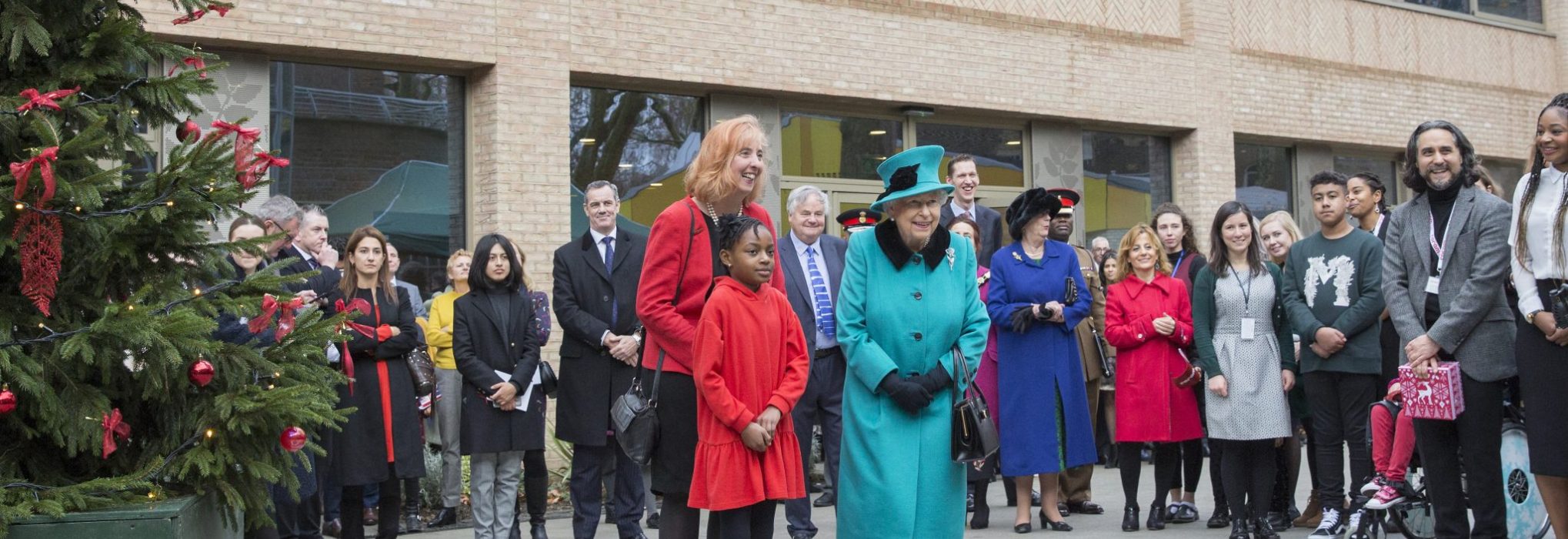ALICE DEVOY interviews Josh MacAlister, CEO of Frontline, a charity that trains and recruits social workers to undertake child protection work.
Can you outline what you do as charity?
Frontline is a charity with a mission to transform the lives of vulnerable children by recruiting and developing outstanding individuals to be leaders in social work and broader society. We are working towards this in three ways: through the Frontline programme, which recruits people into the profession; the Firstline programme, which was created for social work managers to develop their leadership skills; and by building a movement of leaders in and outside of social work as part of our alumni network, the Frontline Fellowship.
Do you work with any other organisations/governmental services when you are working?
The social workers we develop through our programmes work in our partner children’s services around the country. We work closely with these local authorities and trusts to ensure we deliver strong and effective development for participants across both the Frontline and Firstline programmes.
In addition, we receive support from and work closely with the Department for Education to achieve our mission of transforming the lives of vulnerable children and their families.
Can you describe what the ethics are that drive Frontline?
At least half a million children in England don’t have a safe or stable home. These children and their families face some of the worst life chances, but we know that great social work can change this. This is the main driver for Frontline and why we’re so passionate about recruiting and developing great people in the profession; they have the power to transform the lives of those most in need.

How do you find and choose which families you work with?
Our social workers work in teams within a children’s services department. Their role is to help improve the outcomes for any children who have been referred to their services, leading change for some of the most marginalised families.
Referrals to social services can happen in a number of ways and come from a variety of different people and organisations, such as the child’s school, the police or a family member. Once a referral’s been made, it’s the responsibility of a social worker to assess risk, bring different agencies together and offer help and interventions to change what’s happening in the family or community. They work with parents to bring greater safety and stability to family life. Their work often results in a brighter future for the children who rely upon them.
What sort of problems do your social workers deal with usually?
No one case is ever the same and there is usually a combination of several different factors at play when a child is referred to children’s services.
The parents, child or entire family may be experiencing a number of practical and emotional difficulties that mean the child’s emotional and physical needs aren’t being met. Challenges such as poverty, illness, emotional trauma, problems with mental health, drug or alcohol use, and domestic violence can make it more difficult for parents to meet their child’s needs.
Social workers address serious social issues on a daily basis to help find solutions for children and families. They support families with some of the most significant decisions they will have to make, which is why it’s one of the most challenging and rewarding professions in the country.
Do you have to negotiate parents in some cases when dealing with vulnerable children, and if so how do you go about this?
To bring greater safety and stability to a child, social workers must work with the whole family unit to achieve and sustain positive change. To do this, they might develop collaborative plans, practise reflective listening skills, create achievable goals or simply acknowledge a shared concern for the child’s wellbeing and safety. Working in partnership with parents is the best way of helping children.
It’s important that parents feel listened to and are included in the important decisions and conversations about their child. Both social workers and parents have the child’s best interests at heart so they should be able to find common ground in this and work together.

Your work seems to focus on dealing with issues once they have arisen – what do you think some of the underlying issues in society are in causing children to be vulnerable?
No case exists in isolation and there are often a number of external social factors – such as high levels of poverty in a community – that contribute to the instability of a family.
Many of the parents that social workers support have themselves experienced difficult childhoods, but never received the help they needed. That’s why it’s so important for social workers to break the cycle of negative behaviours.
Can you tell us any success stories?
Last year, one of our Firstline leaders, Paul Allen, won the Guardian Public Service Awards leadership excellence award for his commitment to the profession, managing a team of eight social workers in one of the most deprived areas of north Manchester. Paul is a terrific social worker, much valued by his team, who truly deserved the award. It was great to see his hard work recognised, along with children’s social workers and first line managers.
Every social worker has moments of which they are especially proud. They can and do make positive change for families, and demonstrate outstanding leadership skills on a daily basis. Many of the people who have completed our programmes over the last five years have gone on to positively influence change within social work and in broader society. I’m incredibly proud of the Frontline network.
How is Frontline developing as a charity/how would you like it to progress in the future?
By 2020, we’ll have recruited almost 2,000 social workers through the Frontline programme and developed over 500 social work managers through Firstline. In addition, over 1,500 outstanding individuals will have joined Frontline’s alumni movement, the Frontline Fellowship, and will be applying their talents to address social disadvantage.
Social work has the power to change lives and we’re looking forward to developing even more outstanding social workers in the future to help give every child a safe and stable home.
Find more about Frontline here, and if you’re keen to get involved fill out their sign-up form.
Featured image courtesy of Frontline.





